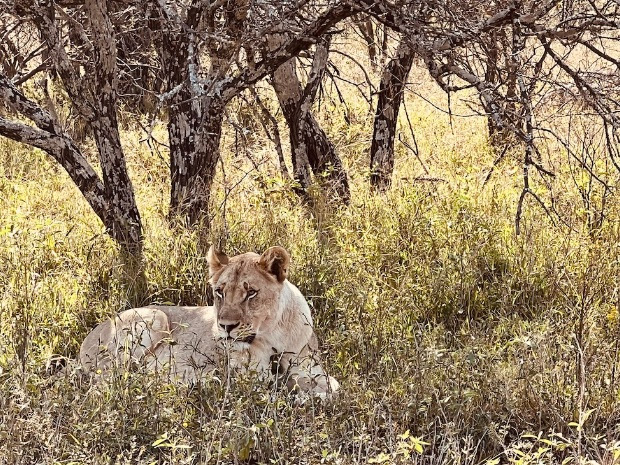The World Federation of Science Journalists (WFSJ) has announced that its next World Conference will be held at the CSIR International Convention Centre (CSIR ICC), in Tshwane, South Africa, in December 2025. The WCSJ2025 will be hosted by the local association, the South African Science Journalists Association (SASJA), in partnership with the Science Diplomacy Capital for Africa (SDCfA) 
Making the announcement, President of the World Federation of Science Journalists and Serbian science TV anchor, Milica Momcilovic commented: “Our Board was unanimous that the standard of existing conferencing facilities and the experience of the bidding partners, added to the breadth and depth of research undertaken inside South Africa and linked to its continental and global partners, are world class”. She added that: “We are confident that the value proposition in coming to Africa for the first time, allied to the range of side visits and scientific infrastructures that our members will easily be able to access and report on, points towards the richest programme and most diverse group of both young and experienced delegates that our Federation has ever been able to assemble”.

Minister of Higher Education, Science and Innovation of South Africa, Dr Blade Nzimande commented: “I am delighted that the World Federation of Science Journalists has afforded South Africa the honour of hosting the first World Conference of Science Journalists to be held in Africa. Following on South Africa’s successful hosting of the World Science Forum in Cape Town in December 2022, during which we collaborated closely with the World Federation, the 2025 WCSJ presents a further opportunity to advance the commitment made in the WSF Declaration, to harness science as an instrument for social justice. Science journalists have a critical role to play in enhancing public understanding and awareness of the important role science play in our society, especially in Africa and other developing countries. The South African Government therefore looks forward to support through the Science Diplomacy Capital for Africa platform, programmes and initiatives, which will ensure South Africa’s hosting of the WCSJ, significantly bolsters science journalism in Africa. It is an endeavour, which has my strongest and personal support.”

Cllr Cilliers Brink, Executive Mayor of Pretoria, Tshwane, commented “The City of Tshwane is delighted to be chosen as the host of the 13th World Conference of Science Journalists (WCSJ2025) We are confident that with the state-of-the-art conference venues and accommodation options from city hotels to country lodges and safari lodges in the African bush, Tshwane stands ready to be the perfect destination for this prestigious global conference. Our rich cultural diversity and iconic tourism attractions make it an enticing destination for business and leisure tourists. I would like to thank all stakeholders who made it possible for Tshwane to win the bid to host experts in the field of science. As the seat of administration, and home to four universities, this is the perfect choice as most of South Africa’s research and development takes place here [in Tshwane]. We promise to shower all the visitors with a spirit of Ubuntu and great hospitality.”

SASJA president, Mandi Smallhorne, had the following to say when the announcement was made “We are delighted that we’ve been given the nod to host WCSJ25, this is the first time ever that the conference will be held on African soil, so it’s a historic moment, and we believe it will be a powerful energiser for the profession on our continent. So many of the issues which face us and underpin political, business, and other stories, are science-based,” says Smallhorne. “There’s an urgent need for journalists who understand and can interrogate science, yet despite the lessons learned during the pandemic, the profession remains poorly supported. Our goal is to use this conference as an opportunity to create awareness of, and to find creative ways of, developing our profession here in South Africa, in the SADC region and across the continent. Good science journalism is an important factor in a solid democracy.”
|